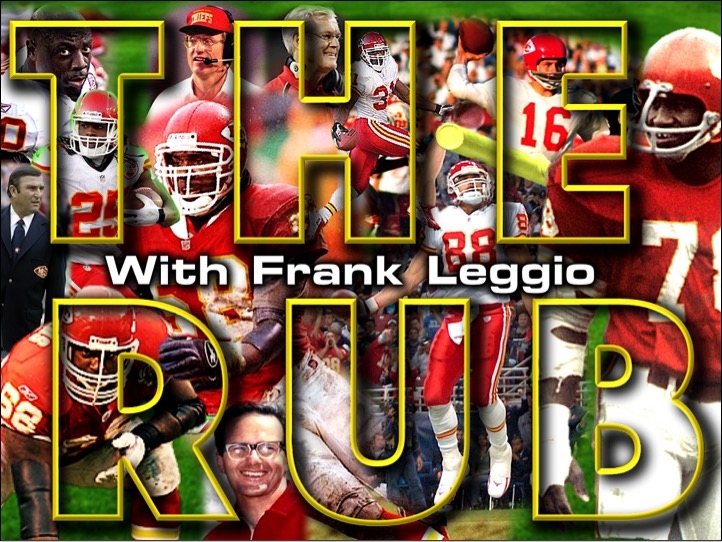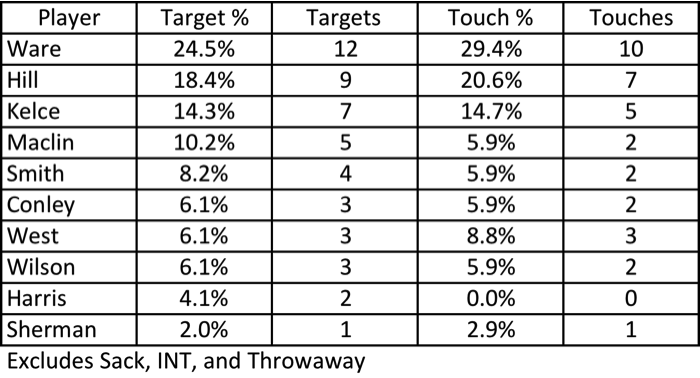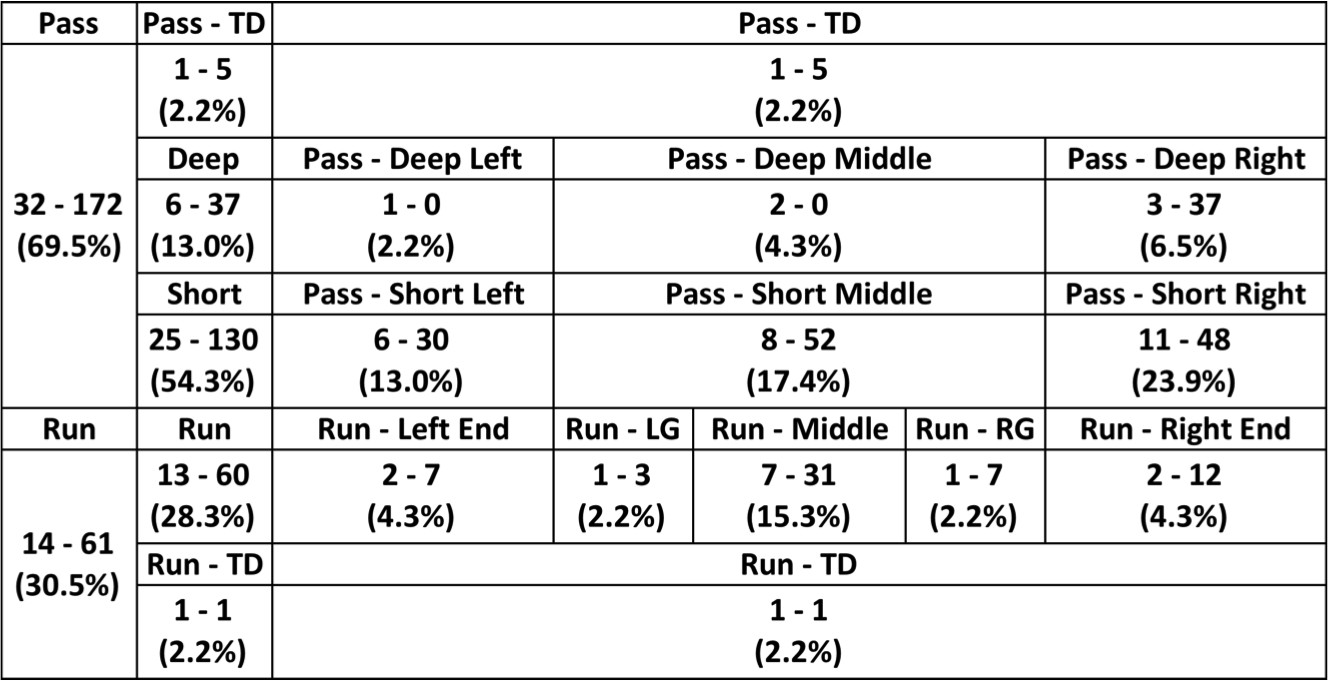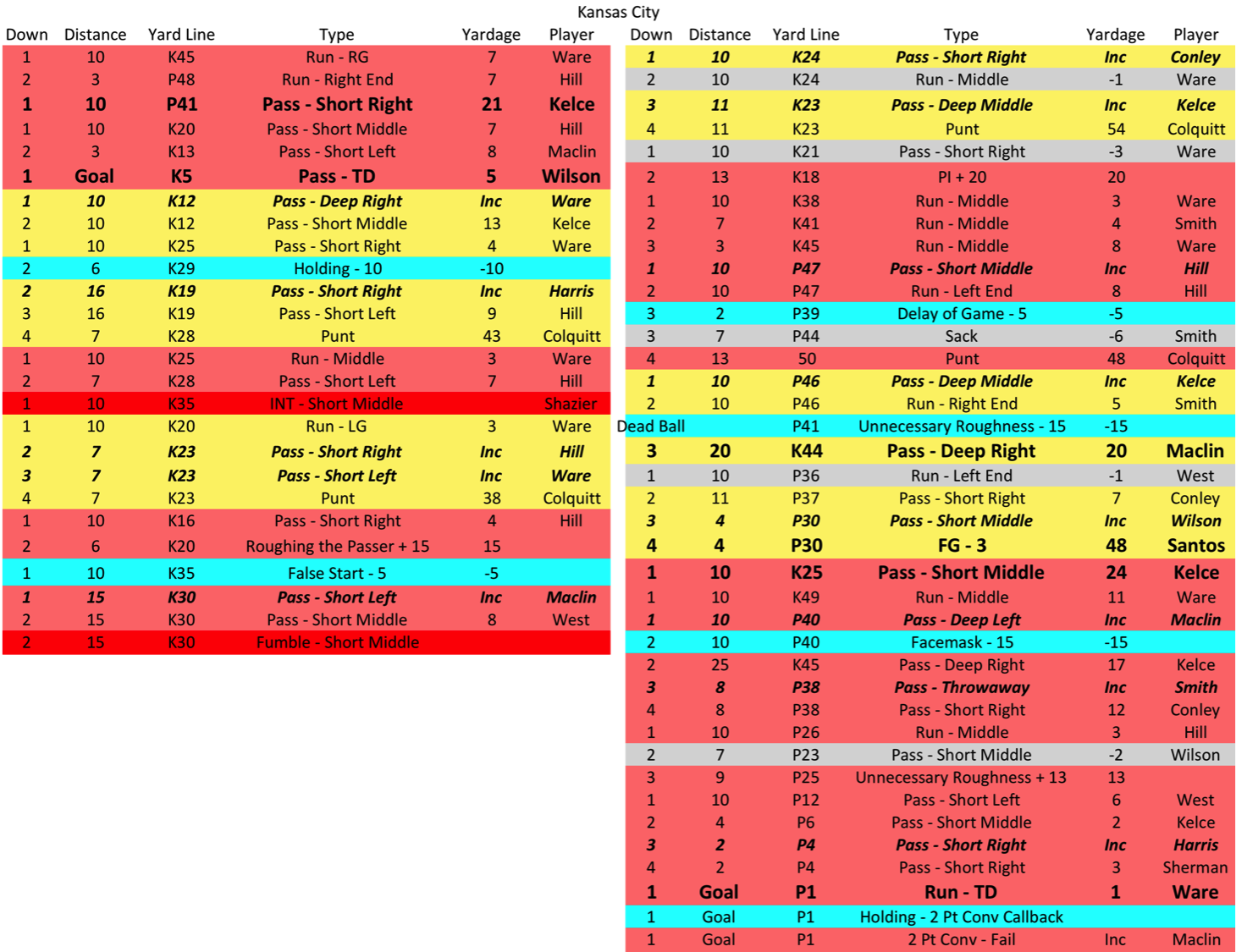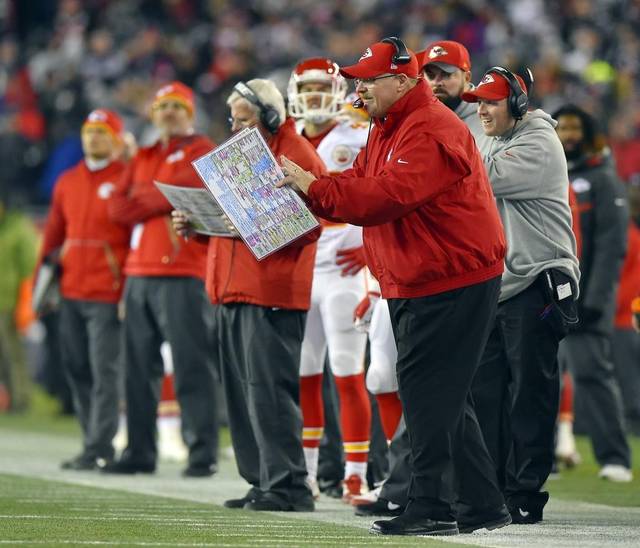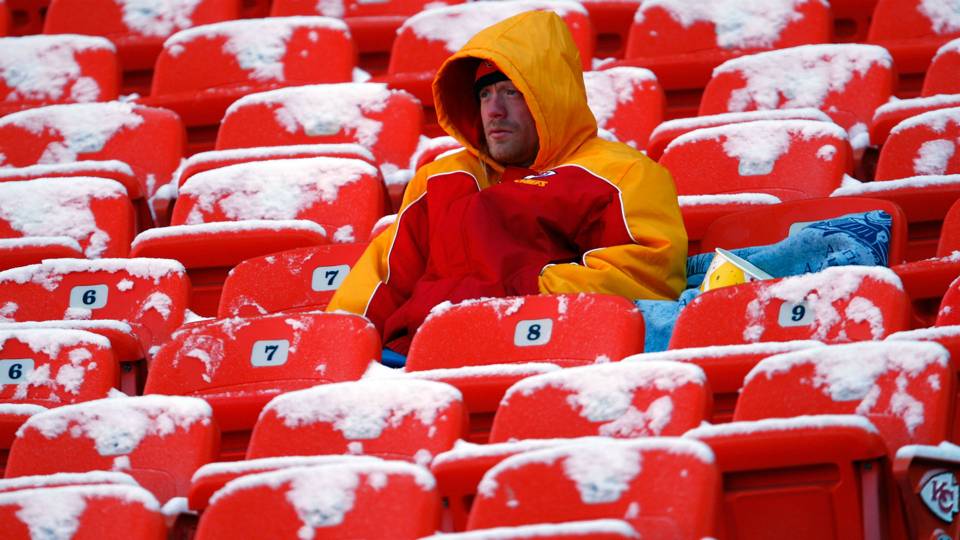Chiefs: We Are Who
We Thought We Were
Frank Leggio
The 2016 season is finally over for the Kansas City Chiefs. The year had its ups and downs, winning games we thought we would lose and losing games we should have won. Throughout the season, many articles were written on different aspects of the team that needed improvement and/or were weaknesses. A couple of common ones were quarterback play, play selection, and clock management. It seems those all came together in the divisional playoff game against the Pittsburgh Steelers.
Quarterback Play
Alex Smith passed for 172 yards, 1 touchdown, and 1 interception, while completing 20 of 34 pass attempts for a completion percentage of 58.8%. He was also sacked 1 time for 6 yards and earned a QBR of 33.3. (Interestingly enough the opposing quarterback, and one of the “Killer B’s” actually had a lower QBR at 27.7. So, we have that going for us.) In addition to the 172 yards in the air, Alex piled on another 9 yards rushing on 2 attempts.
I wasn’t able to go back and watch the game again yet, although I know I will once the wounds heal a bit, but I remember several times he failed to identify a wide open receiver. On the incompletions, he was off target way and on a different page than the receivers. It can’t be blamed on not having chemistry with the receivers; they have been around for quite some time.
Seems like we got regular season Alex. The one that is too scared to lose a game that he won’t try to win it. I am sure that seemed OK during the game for quite a while. Pittsburgh wasn’t burning up the scoreboard, but we kept turning it over or getting stopped cold and punting. We should have come out of the halftime and turned the playbook to the “Play to Win” section. (Based on the way the Steelers finished the game, I think Todd Haley stole it when he left.
Play Selection
After the game, but before I reviewed the play by plays, I thought that we didn’t target the playmakers enough. It seemed that we were using Charcandrick West, Demetrius Harris, and Albert Wilson too much. However, as you can see in the next table, that wasn’t the case.
I don’t really think this is off base. This table is based on the results of the play, so we don’t know what was called in the huddle or what the progression was, but based on the results, it shook out this way. It is excluding the sack, interception, and throwaway pass. Even so, Spencer Ware was top on the list at 24.5% targets (handed or thrown to him) and 29.4% of the touches (rushes and completed passes). Then it went Tyreek Hill, Travis Kelce, Jeremy Maclin, Alex Smith, Chris Conley, West, Wilson, Harris, and Sherman from a targeting standpoint. The touches were similar, but West was fourth since he had fewer missed passes.
The real issue here is that we only had 49 offensive plays to work with, compared to Pittsburgh’s 66. Too many drops, negative yardage plays, and turnovers. We also struggled to convert on third downs.
My other takeaway from the game was that we weren’t going downfield enough. As you can see from the table below, this wasn’t too bad either. I didn’t have data that broke out the passes that went behind the line of scrimmage from those short yardage over the line of scrimmage, but I think this is close enough for those that watched it.
Overall, 69.5% of the plays were passes and 30.5% runs. Of the passes, 56.5% were short and 13.0% deep. It seems we favored the right side more than the left. Could have been Smith’s comfort level or design based on the Pittsburgh backfield. We ended up getting just over 5 yards per pass attempt and 8.6 per completion. Both are well below Smiths regular and post season averages.
From a run selection, we were about slightly more successful on the edges than up the middle. That would make some sense to me as the Hill Effect comes into play and freezes people for a split second. Our average yards per rush were 4.75 on the edge and 4.2 up the middle (4.55 if you exclude the TD run). While I understand you can’t run every play or the defense won’t load up the box. Well, 30% is really pushing them too hard to deal with it. And, 3 rushes of 4.2 yards per carry would get us a first down (I am really good at math).
We had 4 rushes, out of 22 plays, in the first half for 20 yards. Some of that was due to the penalties putting the team in a long distance to first down situation. However, when we had those long distance situations we went to players like Harris or had incomplete passes to Hill, Ware, and Maclin. There was poor discipline and execution afterward.
In the second-half we had 10 rushes, for 39 yards and a TD, out of 27 plays. We again had poor discipline, picking up about 45 yards in penalties, one of which took the 2-point conversion off the board. (While it was clearly a penalty, I cannot understand why the refs would decide to call a penalty that is largely ignored throughout the season and was significant to the game). Besides the penalties, we had too many incompletions in this half that stalled out drives and resulted in a punt.
Here is a table with the info I captured, in case you want to view. Light red and yellow show drives, big and bold are good plays, bold and italics are incompletions, blue highlights are penalties, dark red are turnovers, and grey highlights are negative plays.
Clock Management
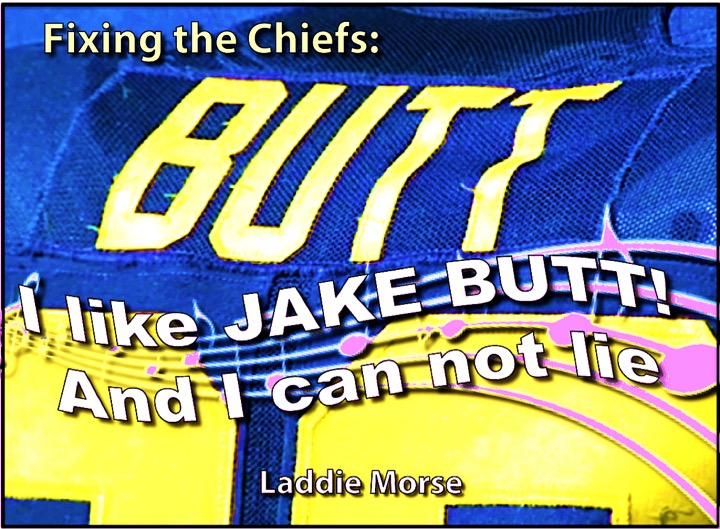
I think I wrote a post somewhere that said I think we will lose if Andy Reid calls a timeout in the first quarter. The Chiefs first timeout was at 9:42 in the first quarter with Pittsburgh on the KC 5 yard line, third and two. As I remember it, there was some confusion with Pittsburgh acting like they were going for it and then sending in the field goal team. I understand it might be confusing, but that should have been covered in the game plan. By that I mean, what is the defensive responsibility if they go for the field goal. I would rather have the defense on the field so they can’t fake the FG than the field goal blocking unit on and have them run a play. I am not saying that calling the time out affected the game negatively, just that it is interesting it happened like I said.
The real impact was at 2:09 in the third quarter, play-clock was running down while we were on offense. We were second and 10 at the Pittsburgh 46. Reid called a timeout to avoid a delay of game penalty. This was the play where Kelce picked up the 15-yard personal foul when the DB baited him. So, instead of a 5-yard delay of game, we get a 15-yard personal foul. Luckily we picked that up with a nice pass to Maclin. This was one we could have used at the end of the game.
Parting Thoughts
Generally speaking, I am fine with the defensive play. If we could have gone into the game with a guaranteed 6 field goals from Pittsburgh, I think we would have taken it. While we gave up a ton of yardage, they didn’t get the points. The only downside to this is that it means we didn’t get as many possessions and didn’t get to return any punts (one fair catch). It is hard to have a punt return TD when they aren’t punting. Additionally, we are also starting with poor field position more often.
Our average starting position was the KC 27 yard line. That is basically the touchback on a kickoff or punt. Our drives, that didn’t result in points, averaged ending at the KC 32 (before the punts).
In the end, I am left with the game planning wasn’t as bad as I thought. This was an execution issue. In order to really know, we would really need to know the play design and watch a lot of film. However, based on what I looked at, it was a combination of Smith being off, receivers dropping balls, and poor discipline taking penalties. The interception and fumble were awful, but they didn’t really hurt us.
While I think Smith is serviceable, I don’t think he works as well with what Reid calls. We all know Smith is conservative in his execution until he has no choice. When this is coupled with Reid calling conservative plays, we don’t get an additive or eve multiplicative effect, we get an exponential effect. We get Reid to the Smith power. Not really sure of the best way to fix it at the moment, but it needs to change.
Until next week, there’s The Rub.

